Whatever young people's educational journeys, as individuals they all have unique personal characteristics just like their physical fingerprints and DNA sequences. An exciting paradigm shift is taking place in education as approaches to teaching and learning become increasingly creative and student-centred, enabling all learners to develop and blossom in their own, special ways.
Just as forensic investigators can identify an individual using DNA (Deoxyribonucleic Acid) to create a genetic profile - a set of numeric values that is exclusive to that person - educators can understand their students by the acid test of their academic attainment and exam outcomes. But looking at test scores is just one part of a child’s personal and social DNA. There are other enlightening elements of the learner’s profile to take into account, such as each individual’s disposition, passions, interests, talents and values. These may not shape league tables, but teaching to this profile can better prepare learners for the modern world.
Education is on the move
As Albert Einstein said, “The world as we have created it, is a process of our thinking. It cannot be changed without changing our thinking.”
Sir Ken Robinson is acutely aware of changes needed and the importance of motivation that is conducive to every single young citizen flourishing. As he says:
“Human resources are like natural resources; they're often buried deep. You have to go looking for them; they're not just lying around on the surface. You have to create the circumstances where they show themselves.”
“The fact is that given the challenges we face, education doesn't need to be reformed - it needs to be transformed. The key to this transformation is not to standardise education, but to personalise it, to build achievement on discovering the individual talents of each child, to put students in an environment where they want to learn and where they can naturally discover their true passions.”
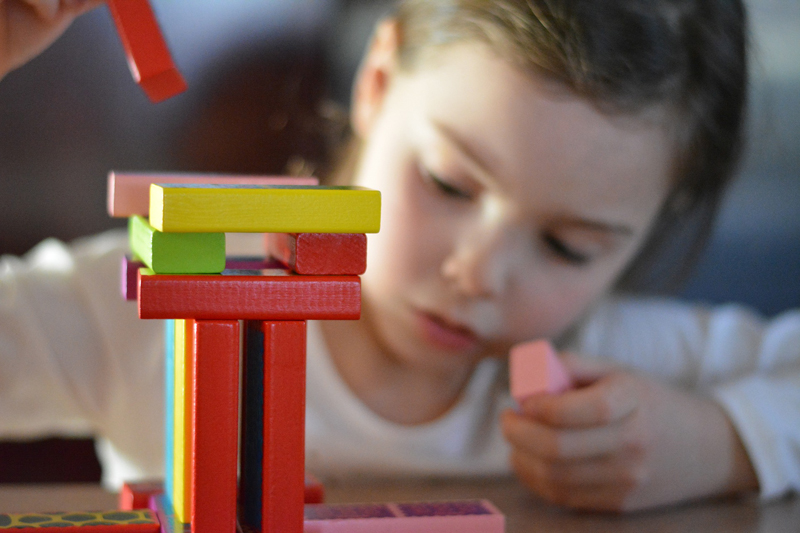
Character development and values
For some time, concern has been growing about whether the education of the current emerging generation of citizens is sufficiently fit for purpose. This is especially bearing in mind the state of the health and wellbeing of so many young people, degradation of the environment, the world they are inheriting, the pace at which various aspects of daily life are evolving, and the qualities needed for the new world of work.
In 2017, the Dame Kelly Holmes Trust held a series of roundtable discussions with a large cross-section of people from politics, education and the youth sector in the UK to address the significance of character development, viewed as an important yet often overlooked part of education today. Countless stakeholders involved in how children are growing up consider that young people need to be better equipped with the tools and skills that enable them to live positive lives. Assisting them in developing strong character traits will support improved academic attainment, employment prospects, workplace productivity and individuals’ contributions to society.
Following this roundtable, in July 2018 a white paper was published: The Opportunities and Challenges offered by Character Education. The first recommendation is that the Department for Education takes the lead in establishing a clear definition for character development and that it should then be applied across Government and communicated effectively to education, business, community and youth-sector organisations.
It is proposed that character development is defined as: when people align their actions with their considered values.
Values define who we are
Just as a DNA profile is extracted from a piece of evidence from the subject, so several aspects of someone’s makeup can be discerned from personally chosen values. This is because our values help to identify what we hold dear, what we consider important, what motivates us and what we prioritise. Together with our beliefs, they are the causal factors that drive our thinking, decision-making and behaviour.
“Creativity is intelligence having fun”
Since character development is key to young citizens flourishing, maximising their potential and living healthy, fulfilling lives of meaning and purpose, what is important now is that time is invested in it as an integral part of each child’s education.
Spiritual, Moral, Social and Cultural (SMSC) development, Personal, Social, Health and Economic (PSHE) education and Citizenship are stepping stones in the right direction but, fundamental to all this progress is quality, systematic values education. To provide clarity and properly reflect each young person’s uniqueness, all learners need regular opportunities to explore and apply values so as to establish for themselves a foundation of ones that feel right and that will be their daily reference points, particularly as they navigate the plethora of challenges they currently face and that they will encounter as their lives and the future unfold.
Educators have the opportunity to creatively embed an awareness of values and their influence on life at home, in school and in wider contexts. In doing so, they will witness the delight shown by the children as they apply the empowering competencies gained and draw on newly acquired capacities that express their own uniqueness. The stimulating process excites curiosity and engenders a general improvement in wellbeing and an eagerness to learn. The exhilarating feeling of authenticity rises as the participants build up their confidence and learn to align their deliberations, choices and actions with their own, personally selected values.
Want to receive cutting-edge insights from leading educators each week? Sign up to our Community Update and be part of the action!
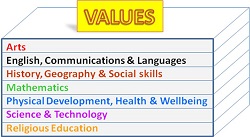
We are living in an increasingly enlightened time when the understanding of the roles of teachers, parents and the power of 'values literacy', as an integral part of a school’s curriculum, are coalescing. The prospects are exciting.
Children and young people need to be empowered with values literacy. The inspirational process engenders a rewarding sense of purpose and motivates participants so that they take more responsibility for their learning and behaviour.
Pupils, teachers and parents notice how standards, behaviour and performance all improve and together they enjoy the enhanced outcomes.
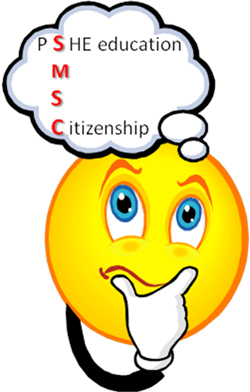
What can help children and young people develop consistency in their thinking, decision-making and behaviour, especially when they consider and then try to put into practice the range of important topics that are raised during Personal, Social, Health and Economic (PSHE) education, Citizenship lessons and in connection with their Spiritual, Moral, Social and Cultural (SMSC) development?
A simple answer – simultaneously learning to understand and apply VALUES in everyday life, because these are principles that establish standards, act as reference points and empower.
It means coaching children and young people, as an integral part of the school curriculum, so that, in conjunction with their parents and carers at home, they are constantly learning to identify values that are important to:

It is said that money can’t buy happiness but we know that one’s state of happiness affects one’s performance – be it as an adult or a child – and that before long, for more teachers, there is likely to be a stronger link between their pay and performance.
The education landscape is in a state of flux and increasingly there is a move towards listening to young people’s views. But who are the stakeholders – children, their parents and carers, teachers and others involved in the development of young people, future employers? Pupils may well find they are being encouraged to take more ownership of their learning. Teachers are asking themselves whether they need to teach differently and if so, how, in order to best meet the needs of their various students.
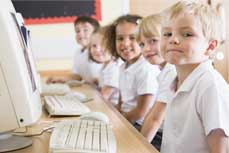
Socrates said, “Education is not the filling of a vessel but the kindling of a flame.” What a pleasure it is watching that flame glow, especially if you have been instrumental in fanning the spark by helping the child or young person to be happy and well motivated.
Experience shows that when teaching is actively underpinned with positive, uplifting values, children become enthused and engaged, resulting in profound improvements in their wellbeing and an extensive range of exhilarating rewards for the individuals, with the benefits rubbing off on their families, schools and communities.
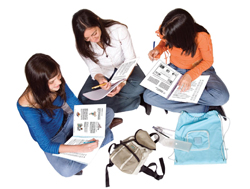
When we begin to appreciate just how much the past was shaped by people’s values and understand the extent to which positive and negative values are affecting the present, we realise more and more how, with well considered, carefully chosen values, we are empowered to create the kind of future we would like to experience and leave as a legacy for generations to come.
Whatever subject we look into, whether it’s History, Geography, Art, Music, Literature, Languages, Sciences, Physical Education, Religious Education or ICT, we can soon find instances that illustrate the effects of positive values, such as honesty, compassion and respect, and the results of applying negative values such as intolerance, irresponsibility and deceit.

The Olympics brought into sharp focus just what can be achieved when individuals are set alight so that they can blossom and realise their full potential - and the sense of wellbeing when the spirit of service flourishes.
So what qualities shone as the Olympic torch travelled the length and breadth of the country? What characteristics were identified during the London 2012 Olympics opening ceremony? Which elements of the Games themselves demonstrated what can be accomplished when people are fired up?

We are constantly making decisions, some of which are pretty routine but several can have significant, far-reaching effects on our lives and the lives of many others. Sometimes there is plenty of time to think through a matter but there are also occasions when split-second decisions are required – and one of the factors affecting our choices are our VALUES.
The strapline of The Decision Education Foundation is “Better Decisions – Better Lives”.
Considering how our values play such an important part in guiding our thinking, decision-making and ultimately, our actions and behaviour - and even how we shape our life chances and those of our children - it is vital that children and young people are educated in uplifting values-filled environments in which they are given plenty of real-life learning opportunities that enable them to experience, understand and commit to living by values that will enhance all aspects of their existence.

A community-driven platform for showcasing the latest innovations and voices in schools
Pioneer House
North Road
Ellesmere Port
CH65 1AD
United Kingdom